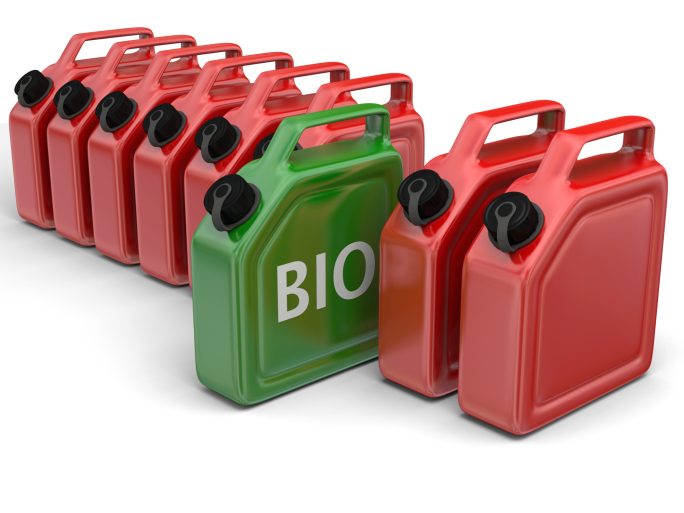
The Energy Policy Act of 2007 mandates production and blending of 18.15 billion gallons of biofuels in the U.S. motor fuel supply for 2014. Of that total, 14.4 billion gallons must be corn-based ethanol. According to the draft proposal obtained by Bloomberg and not available on the EPA website, the total amount of required renewable biofuels would be cut to 15.21 billion gallons, of which 13 billion gallons would be corn-based ethanol.
The EPA has the authority under the 2007 law to scale back the mandated volumes in certain situations, including inadequate supply or economic hardship. According to the proposal, the EPA claims, “We interpret the term ‘inadequate domestic supply’ as it is used under the general waiver authority to include consideration of factors that affect consumption of renewable fuel.”
When the 2007 law was enacted, the Energy Information Administration estimated that demand for gasoline would reach 154 billion gallons in 2014. The most recent estimate sets demand at just 133 billion gallons.
Refiners claim that the only motor fuel that consumers will buy contains a maximum of 10% ethanol, meaning that the mandated supply total of 15.21 billion gallons would exceed 10% of all the motor fuel expected to be sold in the United States next year. Thus refiners are faced with making a fuel blend that is more than 10% ethanol or buying renewable fuel credits, called RINs, to offset the amount of renewable fuel they did not mix with their gasoline.
The industry term for this is the “blend wall.” The ethanol cannot be consumed, therefore it need not be produced, according to the EPA’s interpretation of the law. The EPA would use this same reasoning beyond 2014 as well.
Ethanol producers like Pacific Ethanol Inc. (NASDAQ: PEIX), The Andersons Inc. (NASDAQ: ANDE) and Archer Daniels Midland Co. (NYSE: ADM), as well as other members of the trade group Renewable Fuels Association (RFA), are mightily displeased by this EPA proposal. Refiner and ethanol producer Valero Corp. (NYSE: VLO), which is not a member of the trade group, has been among the loudest critics of the higher blending requirements.
If the EPA proposal is adopted, it could forestall a lawsuit filed this past Tuesday by the American Petroleum Institute (API) challenging the EPA’s renewable fuel standards issued in early August. But the RFA almost certainly would challenge the EPA’s interpretation of the law, so a different battle would head to the courtroom.
In 20 Years, I Haven’t Seen A Cash Back Card This Good
After two decades of reviewing financial products I haven’t seen anything like this. Credit card companies are at war, handing out free rewards and benefits to win the best customers.
A good cash back card can be worth thousands of dollars a year in free money, not to mention other perks like travel, insurance, and access to fancy lounges.
Our top pick today pays up to 5% cash back, a $200 bonus on top, and $0 annual fee. Click here to apply before they stop offering rewards this generous.
Flywheel Publishing has partnered with CardRatings for our coverage of credit card products. Flywheel Publishing and CardRatings may receive a commission from card issuers.
Thank you for reading! Have some feedback for us?
Contact the 24/7 Wall St. editorial team.




